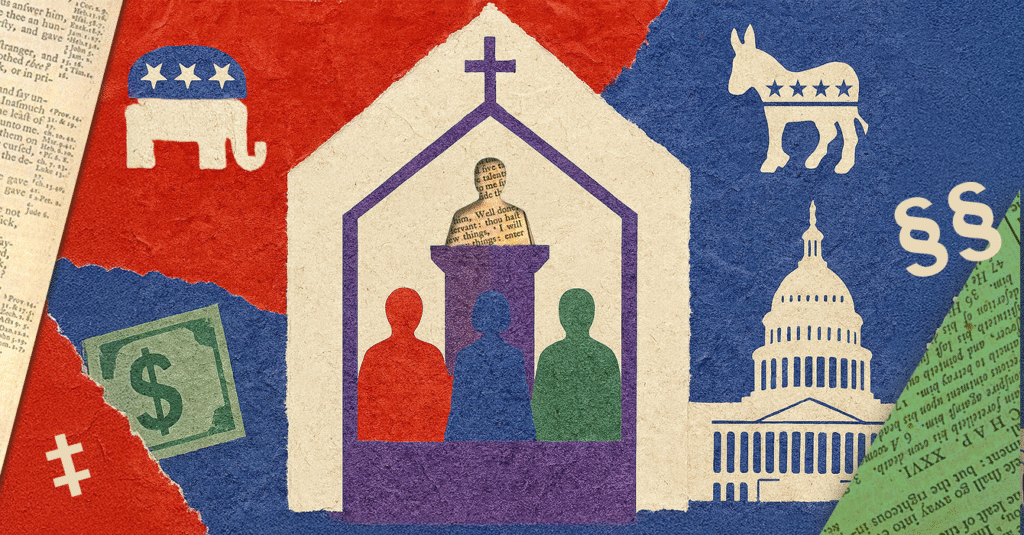Churches in the Crossfire: What the IRS Proposal Means for Faith Communities
Churches and IRS Poloicy-Background
For over 70 years, the Johnson Amendment has prohibited 501(c)(3) organizations — including houses of worship — from endorsing or opposing political candidates. This restriction has preserved the nonpartisan nature of churches while protecting their tax-exempt status.
Recently, the Internal Revenue Service (IRS) introduced a new interpretation that could loosen these restrictions. This development raises concerns about legal compliance, organizational integrity, and the broader role of faith communities in public life.
Key Elements of the IRS Proposal
Candidate Endorsements Permitted: Churches and nonprofits could endorse political candidates without automatically jeopardizing their tax-exempt status.
“Customary Channels”: Endorsements may occur through regular communication tools such as sermons, newsletters, and bulletins.
Reframing Endorsements: The IRS compared such statements to informal “family discussions,” rather than partisan campaigning.
Risks and Concerns
Legal Ambiguity
The Johnson Amendment remains intact, yet the IRS proposal weakens its enforcement.
Creates uncertainty for congregations trying to remain compliant.
Partisan Polarization
Churches could become perceived as political campaign venues.
Risk of dividing congregations along party lines.
Loss of Public Trust
Faith communities may be seen as prioritizing politics over spiritual mission.
Could diminish credibility in addressing broader moral and social issues.
Administrative Consequences
Potential IRS audits or challenges if future administrations interpret the rules differently.
Increased compliance burdens for church leadership.
Recommendations for Faith Leaders
Maintain Issue Advocacy: Continue speaking out on moral, social, and community concerns without endorsing candidates.
Avoid Official Endorsements: Steer clear of partisan messaging in sermons, bulletins, or newsletters.
Educate Congregations: Help members understand the difference between issue-based advocacy and candidate endorsements.
Monitor Policy Developments: Stay informed about IRS updates and seek legal guidance when needed.
Conclusion
The IRS proposal does not repeal the Johnson Amendment, but it weakens its force and clarity. By opening the door to partisan endorsements in official church communications, it risks turning sacred spaces into arenas of political conflict. Faith leaders committed to preserving their mission should exercise caution, continue robust advocacy on issues, but resist crossing into direct partisan campaigning



